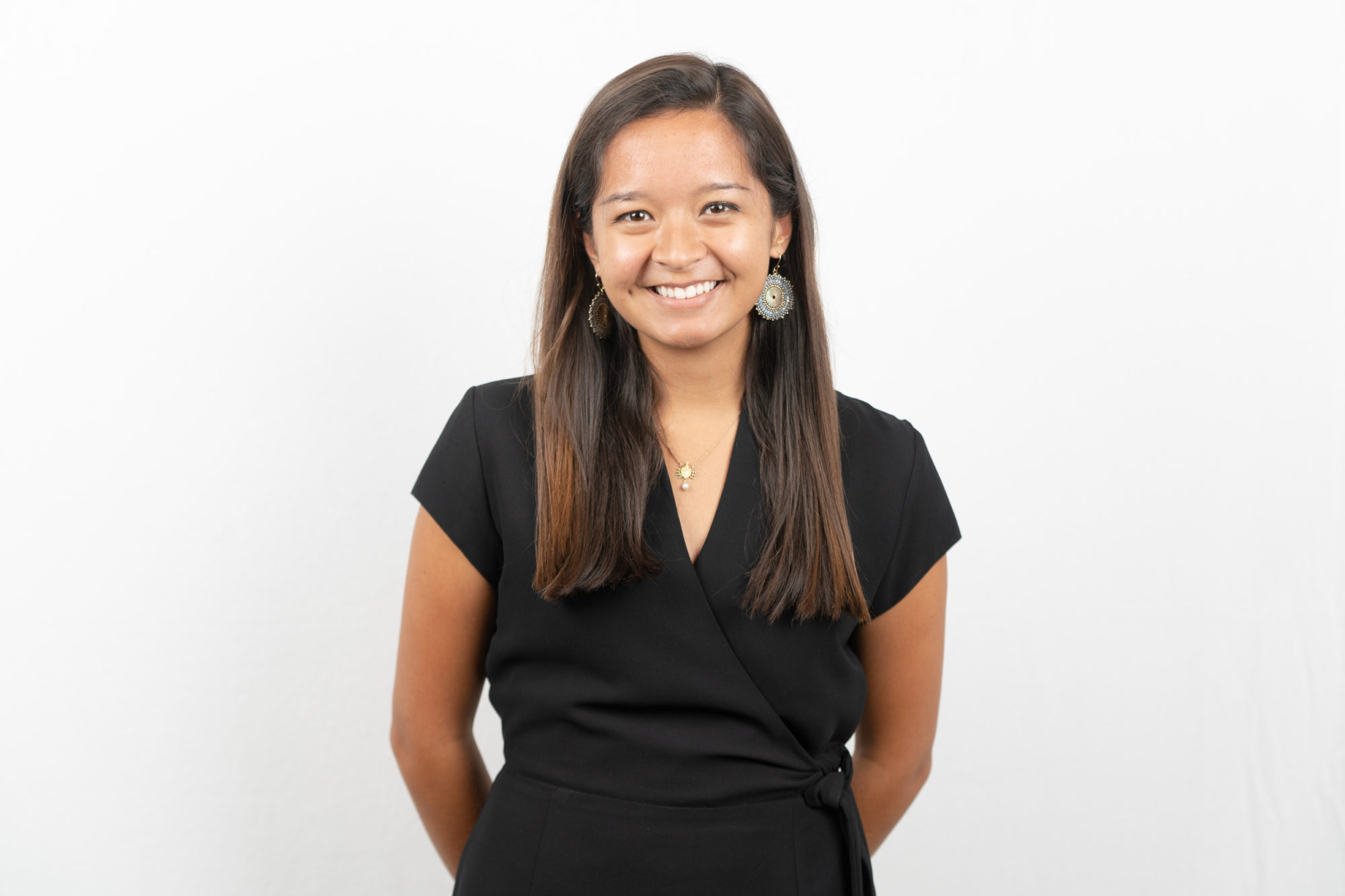“You are Christians, and your God shall take care of your family!”
That’s what Vietnamese authorities told 18 Christian families in northern Vietnam after denying them COVID-19 aid, according to Open Doors USA.
Government aid was supposed to help families hit hardest by the pandemic. But not, it seems, those families who were Christian. Open Doors reports, “When they learned that the government’s support was coming to their district, they were so happy—only to find out that they were not on the list because they are Christians.”
Recent coronavirus outbreaks have led Vietnam to impose harsher restrictions to protect the health of citizens. But COVID-19 has also enabled the socialist government to ramp up its persecution of Christians.
The sad story of one Christian congregation in Ho Chi Minh City shows just how willing the government is to blame Christians for COVID-19.
In late May, a couple who attended a meeting of the Revival Ekklesia Mission (REM) tested positive for COVID-19. Even though only seven people attended the meeting where the couple allegedly contracted the virus, the Ho Chi Minh Center for Disease Control claimed that 200,000 residents in 16 districts were connected with the cluster.
This exaggeration gave the government a pretext to intervene.
On May 30, the government suspended the church’s registration and placed the group under criminal investigation. The deputy minister of Home Affairs went so far as to tell REM that if the group committed serious violations, REM may suffer “permanent erasure.” All religious gatherings in Ho Chi Minh City have since been prohibited.
Unfortunately, this incident is just one of many demonstrating the erosion of religious freedom in Vietnam.
Vietnam arrested at least 79 political prisoners in 2021 and currently holds over 288 prisoners of conscience in custody. Arrests of pastors and religious leaders are not uncommon, and religious figures can be jailed for simply promoting their religion on social media. Religious prisoners are even denied medical aid.
According to the 2021 World Watch List, Vietnam ranks nineteenth among the 50 countries most likely to persecute Christians. Government hypocrisy is responsible for this poor ranking. Even though Article 24 of Chapter II of the Vietnamese constitution holds that the state will “respect and protect the freedom of belief and religion,” the government consistently requires registration, enacts legislation, and uses surveillance to curb these freedoms.
Thankfully, on July 13-15, over 1,000 advocates for religious freedom united to participate in the International Religious Freedom Summit (IRF) in Washington, DC. The Summit was a reminder of the role that safeguarding religious freedom should play in US foreign policy. It highlighted various threats to religious freedom worldwide and brought together speakers from across the globe to discuss best practices for protecting these freedoms.
The Summit’s message was clear: now is the time for countries to step up their efforts to stop religious persecution.
What can the US do to help? It should start by codifying religious freedom as a foreign policy priority.
One way to do this is to host the Ministerial to Advance Religious Freedom on an annual basis, either domestically or internationally. The Ministerial provides an opportunity to identify best practices for protecting this first freedom while also highlighting authoritarian actors like Vietnam that fail to protect it. Ideally, the Ministerial should lead to efforts to hold violators of religious freedom accountable and ensure that their citizens’ rights are better protected. The next one is thankfully scheduled for 2022 in the United Kingdom.
Another way is to sanction violators of religious freedom for undermining freedom and human rights; ideally, these sanctions would be unique and not “double-hatted” (i.e., merely duplicating punitive measures already levied on the same bad actors for other reasons) for them to be truly powerful.
As the world’s most trusted defender of freedom, the US must lead by example to address religious persecution and discrimination in Vietnam and around the globe. Echoing the theme of the 2021 IRF Summit, the US should continue to fight oppressive regimes and promote liberty until religious freedom is achieved for “everyone, everywhere, all the time.”








 Live in the DC area? Sign-up for Providence's in-person events list!
Live in the DC area? Sign-up for Providence's in-person events list!